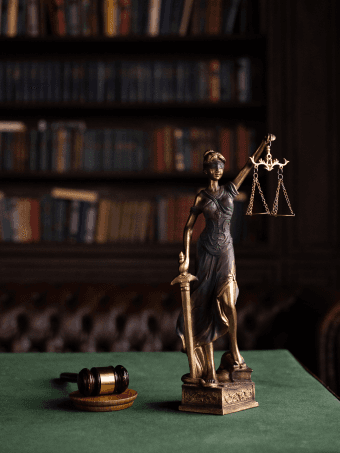In response to a ruling by the United States Trademark Trial and Appeal Board (TTAB) in December 2022 that canceled General’s two Cohiba trademarks in the U.S, General Cigar Co. has filed an entirely new lawsuit against Cubatabaco. The “Cohiba” trademark dispute between General Cigar Co and Empresa Cubana del Tabaco has been ongoing for several decades and involves legal actions in multiple countries. The main point of contention is the right to use the Cohiba trademark, with both companies claiming ownership of the brand in different regions.
The Cohiba trademark is a highly valued brand in the cigar industry, known for its high-quality and luxurious cigars. It was originally created in the 1960s in Cuba and was exclusively used for cigars made for Fidel Castro and other high-ranking officials of the Cuban government. The name "Cohiba" is derived from the Taino word for tobacco. In 1982, the Cohiba trademark was registered in the United States by General Cigar Company, Inc., a US-based tobacco company. However, Cuban-made Cohiba cigars are still not legally available for sale in the United States due to the ongoing US embargo on Cuban products.
The dispute began in the 1990s when Empresa Cubana del Tabaco filed a lawsuit against General Cigar Co in several countries, including France and Spain, claiming that the US company's use of the Cohiba trademark in those countries was a violation of Empresa Cubana del Tabaco's intellectual property rights. In 2004, General Cigar Co filed a lawsuit in the US, claiming that Empresa Cubana del Tabaco's use of the Cohiba trademark in the US violated its trademark rights. However, the case was dismissed in 2005 by a federal court, which stated that General Cigar Co had failed to demonstrate that it had exclusive rights to the Cohiba trademark in the US.
Unlike many trademark disputes, where one company alleges infringement by another, the dispute between General Cigar Co and Empresa Cubana del Tabaco is a dispute over ownership of the Cohiba trademark itself. Both companies claim the right to use the Cohiba trademark in different parts of the world, which has led to legal battles and conflicting court decisions.
General Cigar Co argues that its Cohiba cigars are distinct from the Cuban-made Cohiba cigars sold by Empresa Cubana del Tabaco, and that there is little risk of consumer confusion. General Cigar Co also claims that its Cohiba cigars have gained their own distinct reputation and goodwill in the US market, which would be damaged if it were forced to stop using the Cohiba trademark.
Meanwhile, Empresa Cubana del Tabaco argues that its Cohiba cigars are of a higher quality than the non-Cuban-made Cohiba cigars sold by General Cigar Co, and that allowing General Cigar Co to continue using the Cohiba trademark in the US market would damage the reputation of the Cohiba brand. Empresa Cubana del Tabaco also claims that General Cigar Co's use of the Cohiba trademark in the US market constitutes false advertising, as its cigars are not made in Cuba.
If Empresa Cubana del Tabaco were to prevail in the dispute, it could have significant implications for the premium cigar industry in the US market. General Cigar Co is one of the largest producers of premium cigars in the US, and the loss of the Cohiba trademark could have a major impact on the company's sales and reputation. It could also have a ripple effect on other US-based cigar makers that use Cuban cigar names, such as Montecristo and Romeo y Julieta.
From a trademark law perspective, the Cohiba trademark dispute has already set important legal precedents, particularly around the extraterritorial application of trademark law and the impact of international trade agreements on trademark disputes. The final decision in the case is likely to further shape these areas of trademark law and could have implications for trademark disputes in other industries as well.


